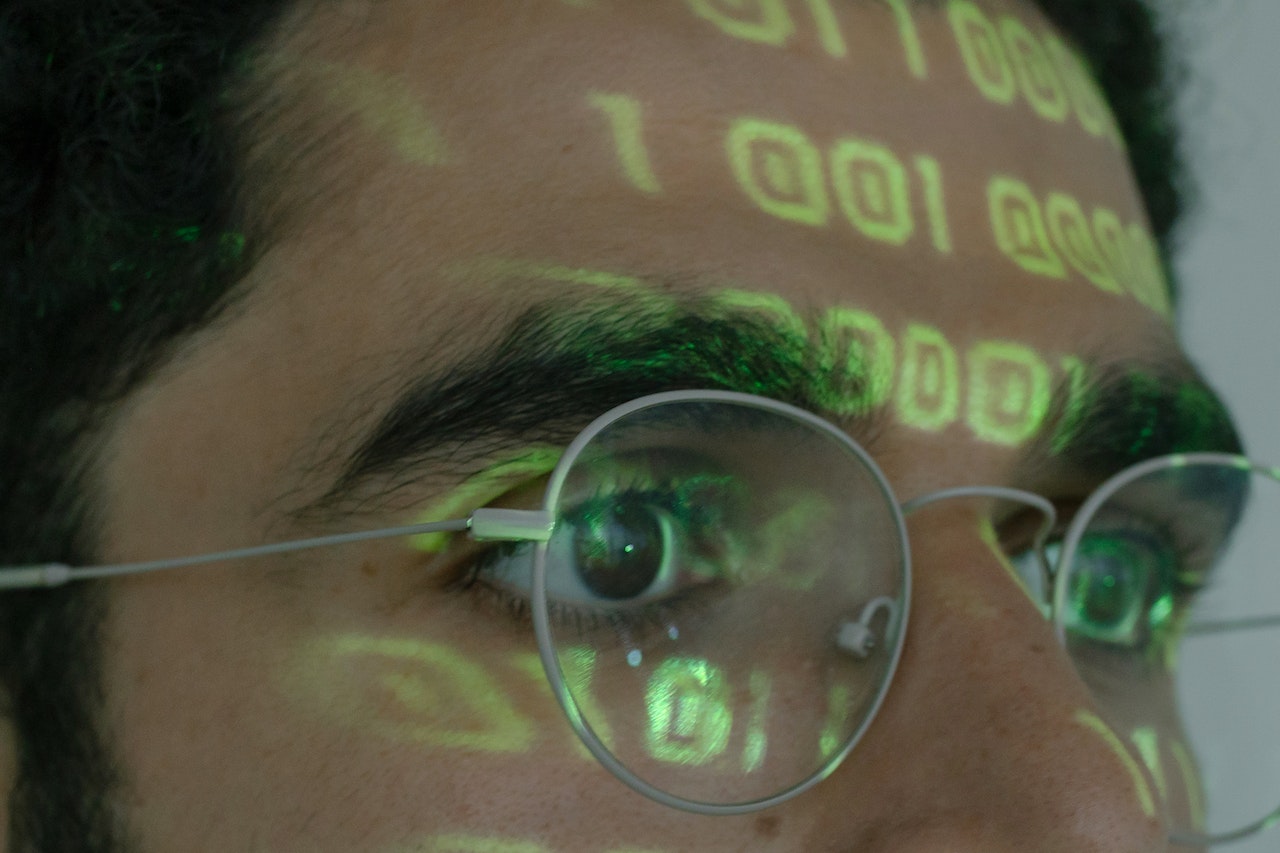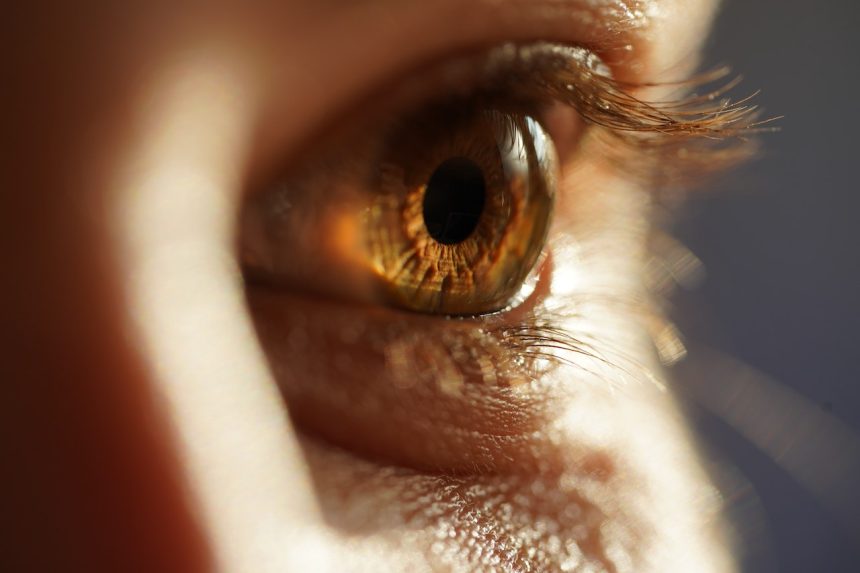If you work in an office, you’re probably familiar with the dangers of working near screens all day. What you may not know is that even when we’re not looking at screens, we’re still being exposed to harmful light. In this blog post, we will discuss the ways in which artificial light can harm your eyes and what you can do to protect them. We’ll also provide some tips on how to reduce your exposure to blue light and other harmful radiation sources.
How to Protect your Eyes from the Sun
Although the sun is a necessary vitamin D source, overexposure can be harmful to your eyes. Here are a few tips to help protect your eyes from the sun:
-Cover up: Wear a sunscreen with a high SPF (SPF 30 or greater is ideal). Wear sunglasses whenever you are outside and wear a hat when possible.
-Limit time in the sun: Stay out of the midday sun and avoid direct exposure to sunlight between 10am and 2pm.
-Drink water: Keep yourself hydrated by drinking plenty of water throughout the day. Avoid beverages with caffeine, alcohol, and artificial sweeteners since they can dehydrate you.
-Avoid smoke: Smoking increases your risk for developing cataracts and other eye problems related to UV radiation exposure.
-Get yearly exams: Make an appointment with your ophthalmologist every year to have your eyes checked for any signs of vision problems.
Read More : How rare are Sanpaku Eyes
How to Keep your Eyes Healthy in the Winter
When the weather outside is frightfully cold, it can be hard to keep your eyes healthy and happy. But there are things you can do to help! Here are four tips to keep your eyes healthy in the winter:
1. Get enough sleep: One of the best ways to protect your eyes is to get enough sleep. When you’re tired, your body doesn’t have as much energy to fight off infection or damage from the cold. Make sure to go to bed and wake up at a consistent time each day so that you’re getting a good amount of sleep.
2. Change your eyeglasses often: Another way to help protect your eyes is by changing your eyeglasses often. Not only will this help prevent eye fatigue and irritation, but it will also ensure that you’re seeing clearly without glasses or contacts. If you can’t afford new eyeglasses, try using lenses that filter out blue light (such as sunscreens). This will help reduce eye strain and inflammation!
3. Wear sunglasses outdoors: Whether it’s during the day or night, always wear sunglasses when outside in extreme weather conditions. Sunglasses block out sunlight and reduce glare, which will help improve vision overall. And if you forget them, don’t worry – most pharmacies carry a wide selection of affordable sunglasses for all seasons!
Also Check it : Celebrities with Sanpaku Eyes
Ways to Prevent Eye Infections
There are many ways to prevent eye infections, but the most important step is to practice good hygiene. Make sure you clean your hands thoroughly before touching your eyes, and avoid touching your face or nose. Also be sure to keep your eyes clean by using a soft cloth to gently clean them every day. If you do get an eye infection, make sure to see a doctor as soon as possible.
How to Avoid Dry Eye Syndrome
Dry eye syndrome, also known as ocular surface disease, is a condition that causes discomfort and reduced vision. There are many factors that can contribute to dry eye syndrome, but most people experience it as a result of a decrease in the moisture level in the eye.
To prevent or reduce the severity of dry eye syndrome, you can take measures to improve your overall eye health and protect your eyes from the effects of dryness. Here are some tips to help:
• Keep your eyes well-hydrated. Drink plenty of water, especially during periods of increased activity or when you feel fatigue. Avoid drinking alcohol and coffee, which can dehydrate you.
• Maintain good hygiene habits. Make sure you clean your eyes regularly with warm water and soap. Avoid using harsh chemicals or abrasives on your eyes.
• Use quality eyewear. Choose glasses that fit well and are made from materials that will not cause irritation or damage to your eyes. sunglasses should also be properly fitted and shielded from the sun’s radiation.
Also Read : What Causes Sanpaku Eyes
Tips for Better Vision in Low Light Conditions
People who work in low light conditions are at a higher risk for eye injuries. Here are some tips for protecting your eyes:
1. Wear sunglasses that block out most of the light.
2. Wear protective eyewear when working in low light conditions.
3. Use a lamp with a narrow beam to see better.
4. Use an ergonomic chair that promotes good posture.
5. Take breaks often to let your eyes rest and adjust to the new lighting conditions.
Conclusion
It is important to take care of your eyes, especially if you are going to be spending a lot of time outdoors. Here are some tips for protecting your eyes from the sun: -Apply sunscreen every day and avoid sun exposure during peak hours (between 10am and 3pm). -Wear sunglasses all year round, even in winter. -Cover your eyelids with a good quality eye shadow or black liner. This will help protect your eyes from the harsh glare of the sun.

